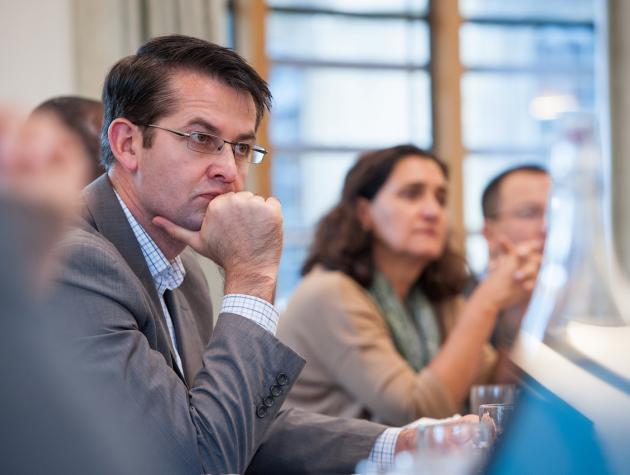GEG WP 2011/65 The Political Economy of Budget Reforms in Aid-Dependent Countries
Full Title: Buying Better Governance: The Political Economy of Budget Reforms in Aid-Dependent Countries
Author: Paolo de Renzio
Type: GEG Working Paper 2011/65
Abstract
The quality of governance and institutions is increasingly seen as a fundamental factor in shaping the development prospects of poor countries. As a consequence, donor agencies have increasingly allocated resources to providing technical assistance for improving governance standards in such countries, with mixed results. This paper investigates the domestic and external factors affecting the outcomes of reforms aimed at improving the quality of government budget institutions across a sample of 16 aid‐dependent countries. The analysis starts with a medium‐N ‘pattern finding’ approach, based on a new dataset tracking changes in the quality of budget institutions over the period 2001 to 2007. This is complemented by small‐N ‘process tracing’ evidence from Mozambique and Burkina Faso, looking at both overall reform trajectories and three specific budget reform areas. The results show that among domestic factors, economic and political stability are preconditions for successful budget reforms. A minimum degree of government leadership and commitment to reforms is also a very important factor shaping budget reform outcomes, alongside the centralisation of budget institutions. Surprisingly, among external factors, the level of technical assistance and the use of so‐called programme aid modalities were less important for budget reform outcomes than the overall fragmentation of aid flows and the ways in which technical assistance is delivered. Donors’ hopes of ‘buying’ better budget governance, therefore, are more likely to be enhanced not by additional resources, but by better behaviour. Moreover, such a strategy is likely to work only in countries with enough capacity and interest in reforms.
Author Bio
Paolo de Renzio is a Research Associate at the Global Economic Governance Programme, University of Oxford, and Senior Research Fellow, International Budget Partnership.
Please find more on Paolo here
Contact: pderenzio@gmail.com.





